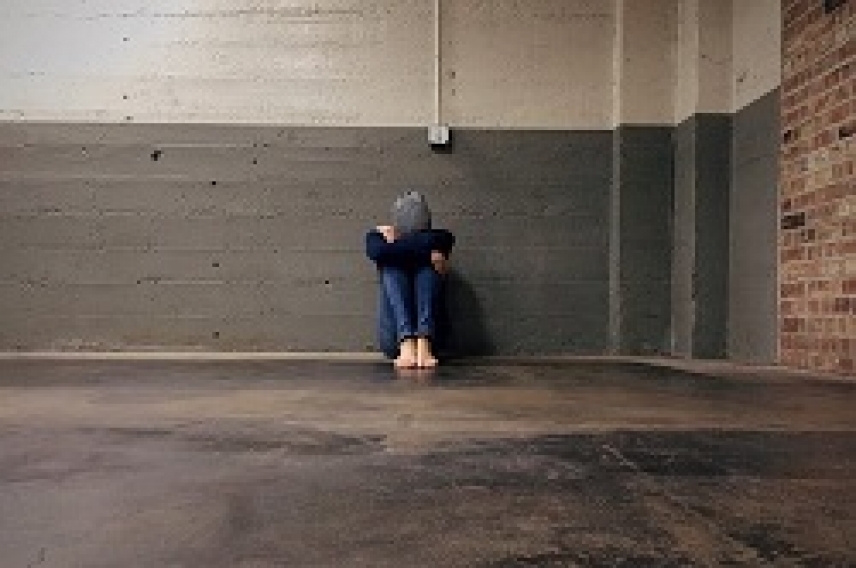
Such is the case of the LAECOVI [Studies on Coexistence and Violence Prevention] and IASED (Interpersonal Aggression and Socio-Emotional Development) research groups at the Universities of Cordoba, Jaen and Seville, authors of an action program that was able to lower levels of aggression for the first time. José Antonio Casas, a University of Cordoba professor and coauthor of the Take Care of Yourself program, points out that the importance of this study lies in the fact that “to date there have been effective scientific studies that reduce the rate of victimization, but that have not decreased aggressive behavior, which Take Care of Yourself has been able to do.” This reduction was 17%, as was published recently in the journal Comunicar [Communicate]. What is more, this program proves effective not only in reducing assaults and cyberassaults but also in preventing implication in sexting. Professor Casas explains that the results obtained support the Take Care of Yourself program as useful in practice, and therefore “it should be considered a necessary tool on a day-to-day basis at schools in order to avoid negative behavior.”
The University of Cordoba Psychology Department was involved in this study and it was directed by Rosario Del Rey at the University of Seville. This study is one of the few in Europe based on examining the risks that teenagers take in general, since it analyzes cyberbullying, sexting and excessive internet use at the same time.
And what does Take Care of Yourself do to reduce risk? Profesor Casas explains that this program is based on direct contact with students in the classroom, via lessons and practical activities. Both kinds of educational activities have three aims. First of all, to explain that some kinds of behavior are far from normal, for instance, convincing a student that “posting 350 photos on Instagram is not normal.” Secondly, cognitive self-regulation is worked on, which means the possibility of regulating impulsive behavior on social media. And thirdly, ideas and beliefs that are widespread among adolescents are attempted to be broken down as myths, like “it doesn’t matter if you send compromising pictures of yourself as long as it is to someone you trust.”
To conduct this study based on scientific evidence, the researchers analyzed the behavior of 479 students (54.9% female) of compulsory secondary education at Andalusian schools . These students participated in Take Care of Yourself and showed better use of social media and less participation in online aggressions. The teachers had a vital role in this study, given that they taught the program on their own with the teaching materials, activities and behavior guide designed by the researchers in this study. These teaching materials deal with relationships among the students, the time they are connected to social media or the internet, expectations of the teens, impulses, behavior when faced with rejection, leadership, and actions when faced with insults, among other things.
Del Rey, R; Mora-Merchán, J; Casas, J.A; Ortega Ruiz, Rosario; Elipe,P. Effects on cyber-aggression and its risk factors. COMUNICAR, nº 56, v.XXVI, 2018.https://doi.org/10.3916/C56-2018-04pag. 39-48


